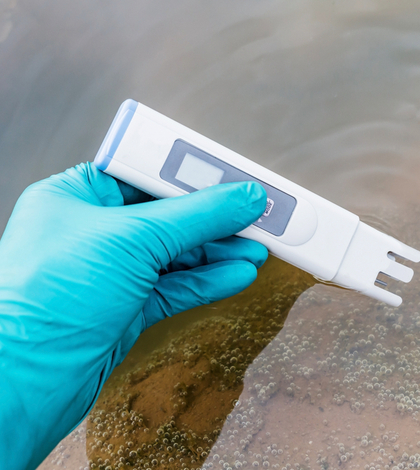The city of Bakersfield, on the southern end of the state’s Central Valley, has awarded a contract to Evoqua Water Technologies, LLC, headquartered in Pittsburgh, for vessel and manifold procurement associated with mitigation of 1,2,3-Tricloropropane (1,2,3-TCP). The contract was effected in order for Bakersfield to comply with the state’s newly adopted drinking water standard regarding 1,2,3-TCP in tap water.
1,2,3-TCP is a man-made chemical and is a recognized carcinogen that may cause cancer after long-term exposure. It has been used historically in industrial cleaning solvents and some soil fumigant pesticides and has been found in groundwater sources, primarily in the Central Valley.
Under the state’s new regulation, public water suppliers will be required to notify their customers and take corrective action when drinking water exceeds the allowable limit. The State Water Board’s Division of Drinking Water set the standard for 1,2,3-TCP at 5 parts per trillion (ppt). The drinking water standard, also known as a maximum contaminant level (MCL), is a set limit on what’s an allowable concentration of a contaminant in tap water.
In mid-July, upon setting the new water standard, Felicia Marcus, chair of the State Water Resources Control Board, said “1,2,3-TCP is not naturally occurring and too many Californians have been exposed to it for far too long, which is why it has been our top priority for standard setting this year. She continued saying, “This standard will better protect public health and allow communities and the state to get on with the job of getting it out of our water supplies.”
Soil fumigants, containing TCP as an impurity, were widely used in the agricultural area surrounding Bakersfield, the country’s 52nd most populous city. Exposure to TCP in water can occur through drinking, cooking, and inhaling water vapor. Evoqua’s upgrade to 30 of the city’s 64 MCL level of 5 parts-per-trillion.
Evoqua’s role is to assist the city in continuing to provide clean drinking water for its residents. Evoqua will provide 42 granular activated carbon (GAC) vessel systems to the city at a total value of $7.8 million. The vessels will be connected to the city’s existing drinking water wells in order to remove TCP and will allow the delivery of clean drinking water to Bakersfield residents.
The California Water Board has ruled that if water system’s four-quarter average is above the 5 ppt standard, it must publicly notify its customers of the violation and take corrective action to resolve the exceedance and avoid future violations of the standard. The Division of Drinking Water encourages systems with previous monitoring data indicating a high potential for future violations to begin taking corrective action prior to January 2018. This is the first drinking water standard adopted by the State Water Board since the Division of Drinking Water joined the Board from the Department of Public Health in July 2014.
 California Water News Daily Your Source For Water News in California
California Water News Daily Your Source For Water News in California


